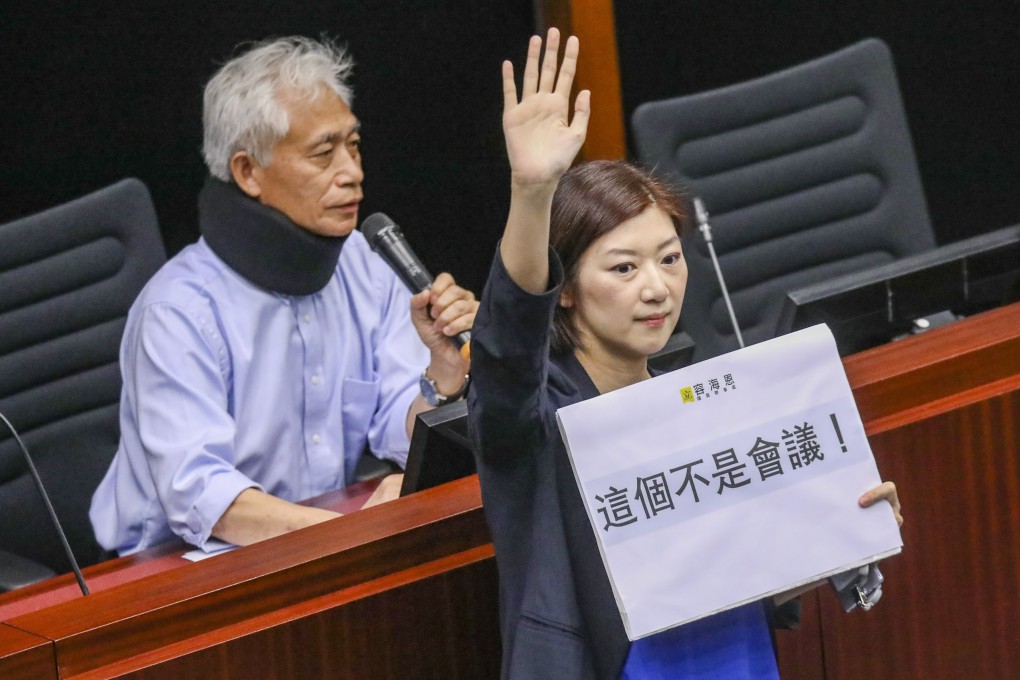Opinion | Hong Kong elections: the shameful absence of women from politics
- Evidence around the world reveals women have shown political leadership by working across party lines even in the most politically combative environments
- Every political actor contributes to the chronic underrepresentation of women in the halls of power in this city, which impoverishes our public life

During these times of political polarisation and fragmentation in Hong Kong, there is one thing we can find in common across partisan lines – shutting out women from politics. The future for Hong Kong parliamentary politics is definitely not female.
The United Nations Committee on the Elimination of Discrimination against Women has called on Hong Kong to introduce measures to improve that number. If we don’t see more women sign up to run before the nomination period for the Legislative Council general election concludes on July 31, we are going to reach a new low instead.
Eunice Yung Hoi-yan’s abrupt end to her political career is one for the books. She single-handedly turned the frequently cited adage that women never get married or pregnant during their time in Hong Kong’s legislature on its head. She got married and had two daughters while in office, proving that women can indeed lean all the way in.

02:07
More than 610,000 vote in Hong Kong’s pro-democracy opposition primary elections
